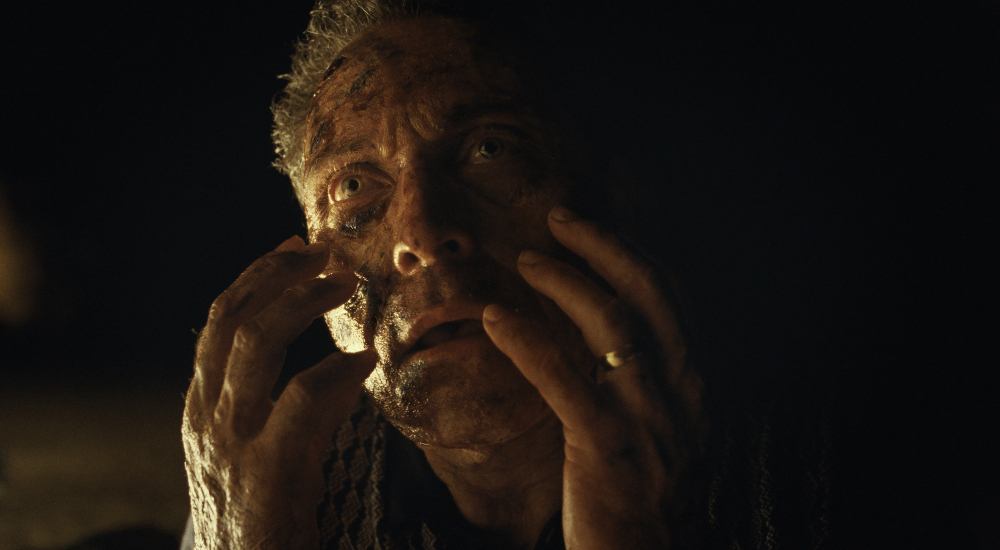“You’re always thinking about the future.”
For the better part of two decades, M. Night Shyamalan has been polarizing with his films. A true hit-or-miss creator, the director has enjoyed recent success thanks to the conclusion of his Eastrail 177 Trilogy. Old, his newest film, is a retelling of Pierre-Oscar Levy and Frederick Peeters’s graphic novel Sandcastle, a slow-burn thriller where a secluded beach appears to age humans quickly.
In typical Shyamalan fashion, Old boasts a limited cast of characters, all of which bear a pivotal role in the inner workings of the narrative. Lead by Gael García Bernal’s Guy, an insurance actuary, a family of four accepts an invitation to enjoy a secluded beach away from the resort where they are vacationing. Unbeknownst to them, a few others will join on their tranquil afternoon.
When they arrive, a man is already on the beach, somewhat hiding in the shadows of the rocks. Though the newcomers leave him be, they quickly find his presence alarming when a woman’s body washes to shore, heightening their sense as it sets in motion a series of events that bring the overarching circumstance into full focus.
The three children, always hungry, are the most obvious regarding the rapid aging. As swimsuits become tight and puberty sets in, something constantly feels off as we witness their evolving hormones take shape. In contrast to the story, the evolution, at times, is slow. Outside of physical changes, you don’t begin to witness the maturity development until hours into the trip, when Alex Wolff’s Trent and Eliza Scanlen’s Kara are left alone, away from their parents.
In this way, Old investigates the many unusual situations that arise from such accelerated development. I honestly wasn’t expecting them to venture into such thematic elements. Still, in typical fashion, the event comes and goes with alarming speed, so fast that we cannot fully process the situation before it passes by like a thief in the night.
As the vacationers continue to deal with their issues, they show remarkable poise, given the situation. The absurdity of their current position never appears to shake them as they absorb the problem and work to counteract it. It’s a unique response, given the types of individuals selected for such a voyage, and it adds to the mystery of the film - a feat few do better than Shyamalan.
But Old is unlike most of the director’s past work. A bit slower and self-contained than the likes of Signs, Split, and Glass, this film offers a highly controlled environment. Much like The Happening, nature is seen as the primary villain, humans a mere victim, lying helpless in the wake. But in reality, there is more than initially meets the eye.
On the surface, Old is straightforward, a passive story that offers little in the way of thought-provoking antics. A stark tangent when compared to most of Shyamalan’s past work. But once you maneuver within the story’s prism, you begin to understand the directive better. Age is just a number. It serves you best to think in the moment, enjoy the present, and not always dream about the future. Today, as is the case with many, could be your last.
It’s this symbolic approach that allows Old to stay true to its director’s roots, even if the overall tone and approach feels, at times, a bit off.

